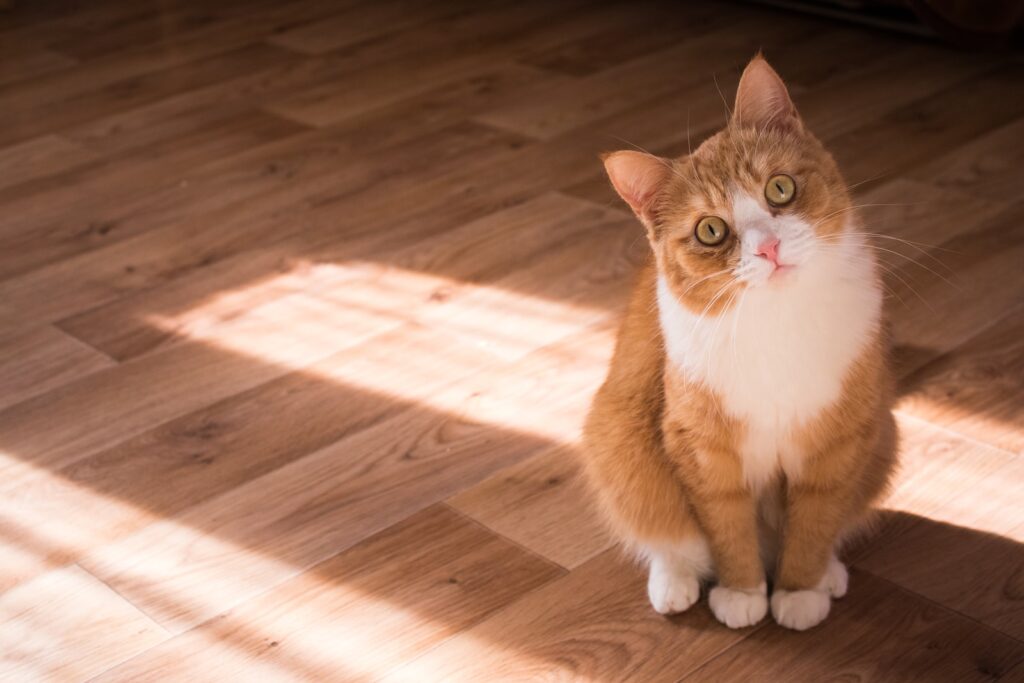Can Cats Eat Salt? — No, They Can’t
When it comes to the feline diet, salt is one ingredient that should be strictly avoided. Cats, unlike humans, have different dietary requirements, and excessive salt intake can be harmful to their health.
Is It Safe for Kittens to Consume Salt?
Kittens should not consume salt either. Their growing bodies are more vulnerable to the negative effects of excessive sodium. It is important to keep their diet low in salt to ensure their overall well-being.
Risks Associated with Feeding Salt to Kittens
Feeding salt to kittens can lead to various health risks. Excessive sodium intake can disrupt the delicate balance of electrolytes in their bodies, leading to dehydration, increased thirst, and potential kidney problems.
Why Salt is Not Recommended for Cats
High Sodium Content
Salt, which is primarily composed of sodium chloride, contains high levels of sodium. Cats have a low tolerance for sodium, and their bodies are not equipped to handle excessive amounts. Consuming too much salt can put strain on their kidneys and lead to water retention.
Dehydration and Urinary Issues
Salt has a dehydrating effect on cats. It can cause increased thirst and lead to decreased urine production, making cats more susceptible to urinary issues such as urinary tract infections or bladder stones.
High Blood Pressure and Heart Problems
Excessive salt intake can elevate a cat’s blood pressure, potentially leading to heart problems. Cats with pre-existing heart conditions are at an even higher risk, and a diet rich in salt can exacerbate their condition.
Known Health Issues in Cats from Consuming Salt
Consuming salt regularly can have detrimental effects on a cat’s health. It can lead to electrolyte imbalances, dehydration, kidney damage, urinary tract issues, and heart problems. Long-term consumption of salt may significantly impact a cat’s overall well-being.
What to Do If a Cat Has Consumed Salt?
- Limit Salt Intake: If a cat has consumed salt accidentally, it is important to limit their further exposure to sodium. Ensure they have access to fresh water to help flush excess salt out of their system.
- Monitor for Symptoms: Keep a close eye on the cat for any signs of dehydration, increased thirst, or changes in urination pattern. If any concerning symptoms arise, consult a veterinarian immediately.
- Follow Veterinarian’s Advice: If a cat shows severe symptoms or already has underlying health conditions, it is crucial to seek guidance from a veterinarian. They can provide specific instructions tailored to the cat’s needs.
Safe Alternatives to Salt for Cats
Fortunately, there are several safe and healthy alternatives to salt that cats can enjoy. These include:
- Unseasoned cooked meat or fish
- Plain cooked vegetables like carrots or peas
- Cat-specific treats formulated with their dietary needs in mind
- Frozen treats made from water and a small amount of cat-safe broth
Conclusion
To ensure the well-being of our feline friends, it is crucial to avoid feeding them salt. Their bodies are not designed to process high levels of sodium, and it can lead to various health issues. By providing a balanced and appropriate diet, while avoiding excessive salt intake, we can promote their longevity and overall health.






